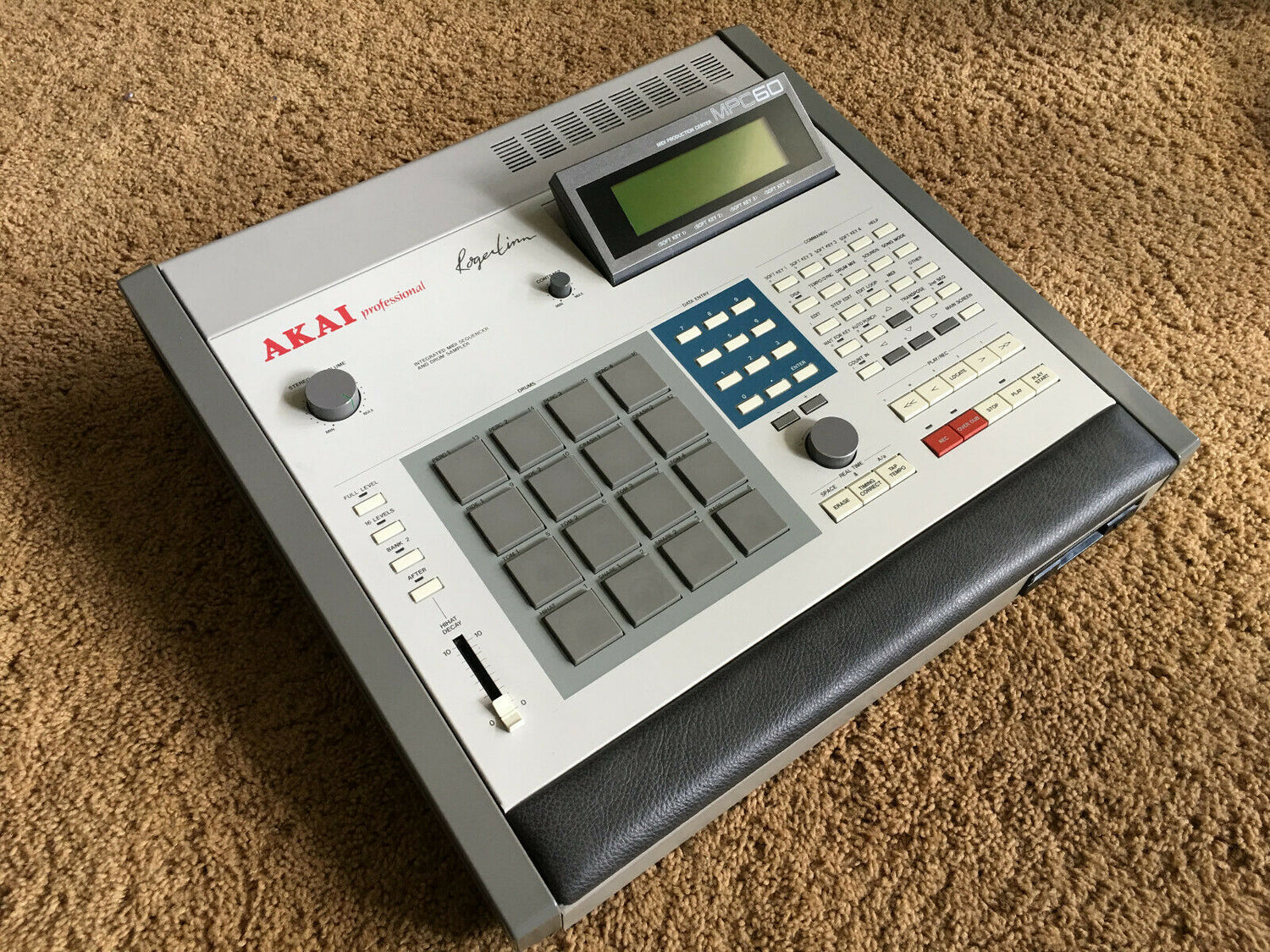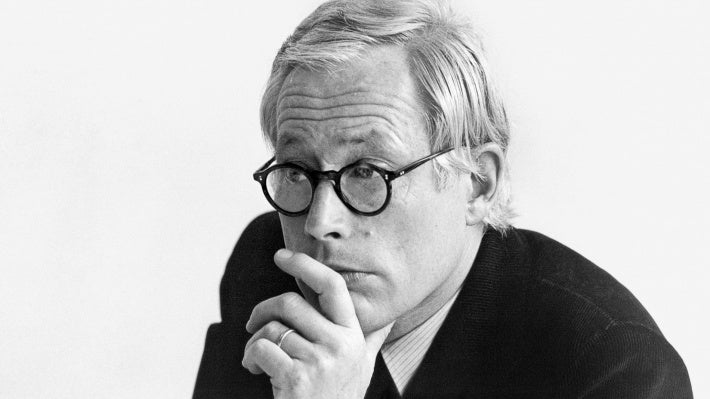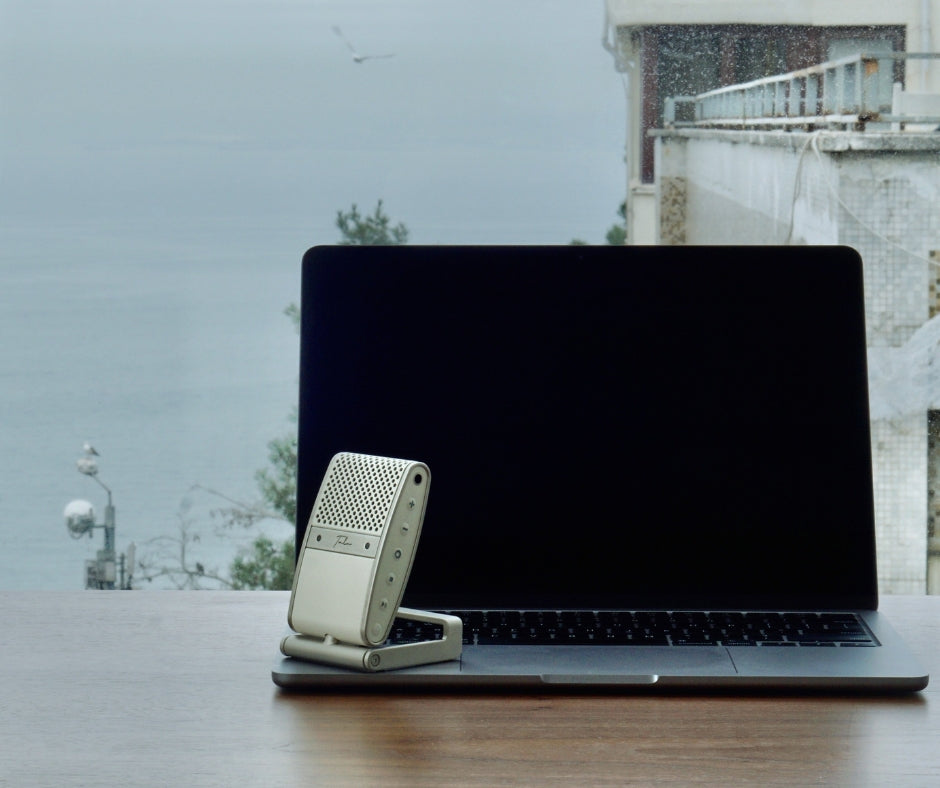The Akai MPC, short for "MIDI Production Center," is a piece of music production equipment that has had a significant impact on the world of hip-hop and electronic music. Since its introduction in 1988, the MPC has become an iconic instrument, used by artists such as J Dilla, Kanye West, and Dr. Dre.
But what is the history behind the Akai MPC? Let's take a closer look.
In the 1980s, electronic music was starting to gain popularity, and musicians were looking for ways to create and manipulate sounds in new ways. The sampler was one such tool, allowing musicians to record and play back snippets of sound.
The first commercially available sampler was the Fairlight CMI, introduced in 1979. However, it was a prohibitively expensive piece of equipment, priced at around $25,000. Other samplers, such as the E-mu SP-1200, were more affordable but had limited sampling time and memory.
Enter Akai. In 1988, the company introduced the MPC60, the first in a line of samplers that would revolutionize the music industry. The MPC60 combined sampling capabilities with MIDI sequencing, allowing musicians to create and arrange entire tracks within the same piece of equipment.
The MPC60 was not without its limitations. It had a maximum sampling time of 13 seconds and could only hold 750 kilobytes of memory. However, its intuitive interface and powerful sequencer made it a hit with musicians, particularly in the emerging genre of hip-hop.
In 1994, Akai introduced the MPC3000, an updated version of the MPC that addressed many of the limitations of the MPC60. The MPC3000 had a larger sampling time of 32 seconds and could hold up to 32 megabytes of memory. It also had improved MIDI capabilities and a more advanced sequencer.
Over the years, Akai continued to refine the MPC line, introducing models such as the MPC2000 and MPC4000. In 2007, Akai released the MPC1000, a more affordable and portable version of the MPC that was well-suited for live performance.
In recent years, Akai has continued to innovate, releasing the MPC Live and MPC X, which offer even more advanced sampling and sequencing capabilities. The MPC line has also inspired numerous imitators and competitors, such as Native Instruments' Maschine and Ableton Live.
Despite the competition, the Akai MPC remains a beloved and iconic piece of equipment in the music world. Its legacy can be heard in countless classic hip-hop and electronic tracks, and its influence on modern music production cannot be overstated.




Dejar un comentario
Este sitio está protegido por hCaptcha y se aplican la Política de privacidad de hCaptcha y los Términos del servicio.